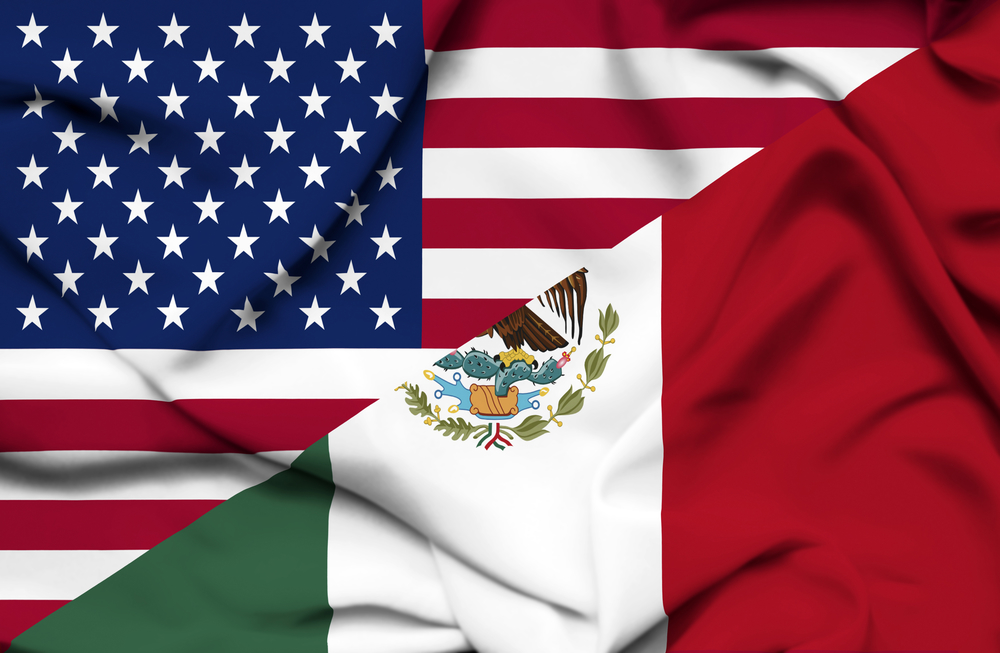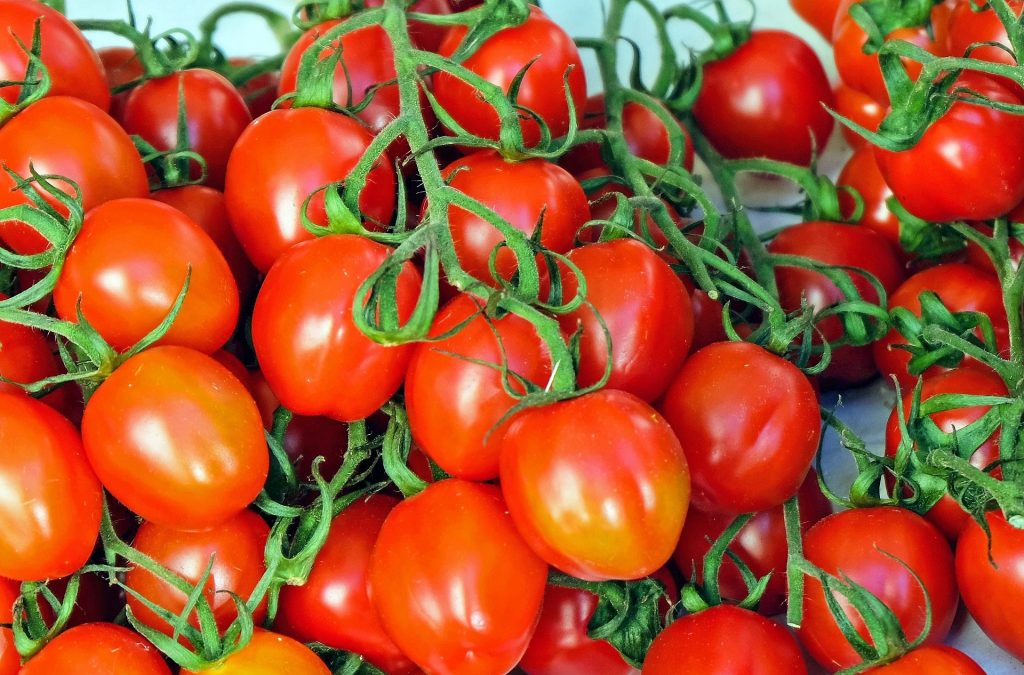U.S. Sen. Marco Rubio (R-FL) released a statement after the U.S Department of Commerce rejected a request to exempt certain greenhouse-grown specialty tomatoes in Mexico from the 2019 U.S.-Mexico Tomato Suspension Agreement. This agreement was put in place to provide relief to domestic tomato growers against unfair trade practices.

Exempting specialty tomatoes grown in Mexico from the Tomato Suspension Agreement would have directly harmed Florida growers. On March 4, Rubio led bipartisan members of the Florida congressional delegation in urging the department to protect domestic growers by rejecting the request.
In the letter to Commerce Secretary Gina Raimondo, the delegation noted: “The assertion that the 2019 Suspension Agreement was not intended to impact imports of greenhouse-grown specialty tomatoes from Mexico is not correct. The scope of the 2019 Suspension Agreement unambiguously includes ‘all fresh or chilled tomatoes (fresh tomatoes) which have Mexico as their origin, except for those tomatoes which are used for processing.’ As the 2019 Suspension Agreement clarifies, and as the Department of Commerce reiterated in its 2019 scope ruling, this includes all round, Roma, and specialty tomatoes, whether grown in an open-field or a greenhouse.”

“This is a win for Florida tomato growers,” Rubio said of the rejected request to exempt greenhouse-grown specialty tomatoes. “Florida’s economy and our national food security depend on robust domestic fruit and vegetable production. We must do everything we can to protect Florida’s growers from unfair trade practices.”
“The Florida Tomato Exchange applauds the Commerce Department’s refusal to allow loopholes in the antidumping suspension agreement covering tomato imports from Mexico,” said Michael Schadler, executive vice president of the Florida Tomato Exchange. “The Commerce Department needs to follow up this decision with strong action to prevent cheating by Mexican exporters that undermines the suspension agreement.”









